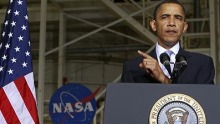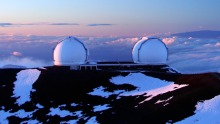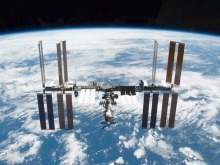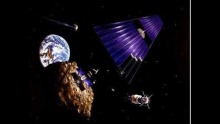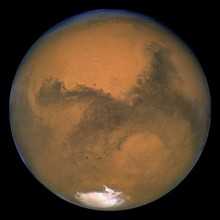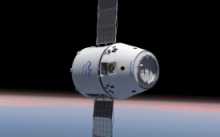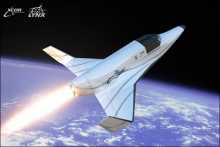Space exploration and presidential politics
A recent feature in Wired, “Is Space Getting Too Politicized?” acknowledges this fact. Obama’s controversial closing of the publicly-funded manned-space flight program at NASA opened the door for greater private/public collaboration. However, largely a result of the success of Space X, the private company that recently sent a rocket to the space station and back, manned space flight is back in the news. So is Obama’s handling of it. It’s likely that opponents will be looking at Obama’s track record on space as a possible weakness, especially considering a majority of Americans are in favor of space exploration (though they differ on how it should be done).
